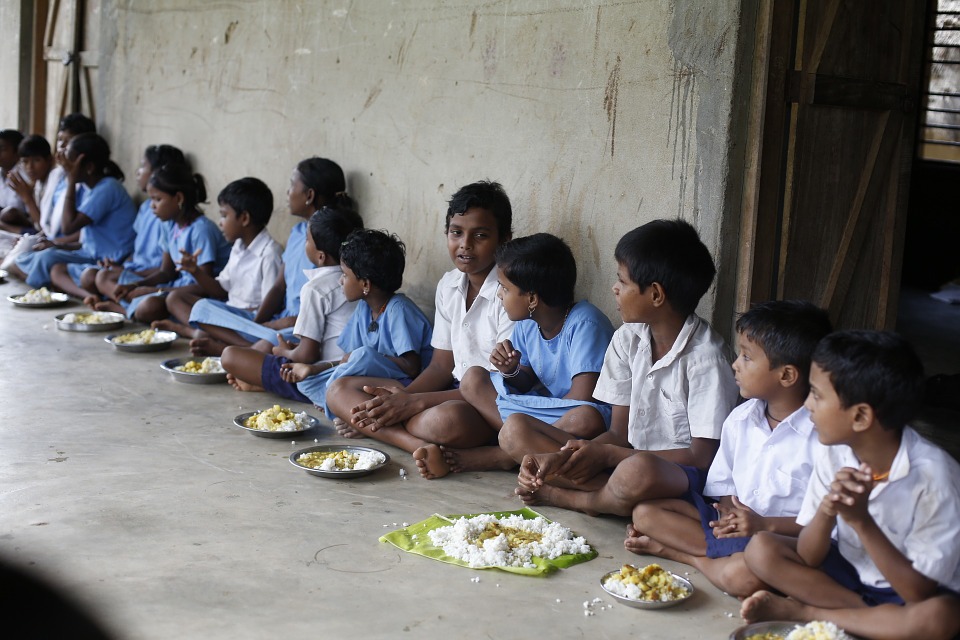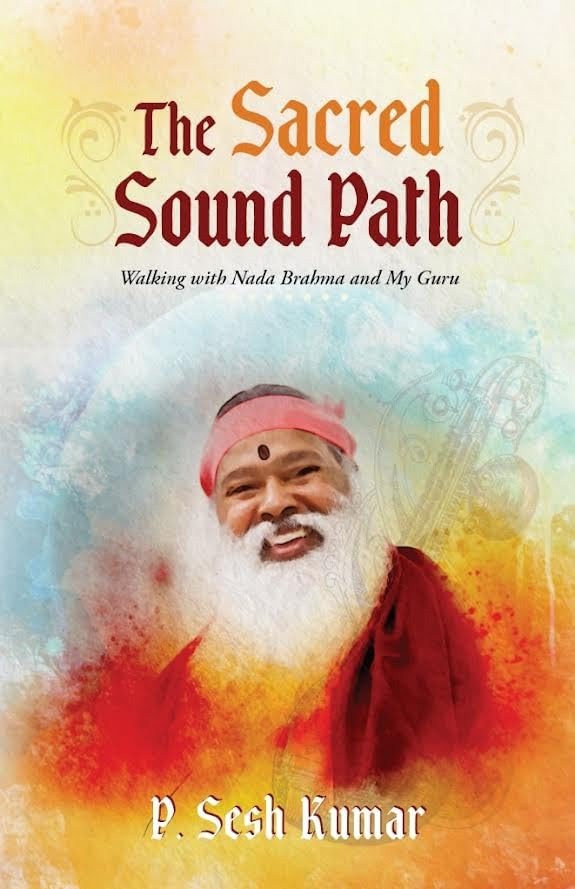Anti-English campaign is anti-poor
Ravi Shanker Kapoor | October 22, 2016 10:38 pm

At no other time hypocrisy in our public life is as pronounced and blatant as when language policy is discussed. All manner of fanatics unite to wage their jihad against English—and end up hurting the prospects of the teeming of India. From socialists and communists to the supposed Rightists, everybody is opposed to the language that adds a competitive edge to our economy, that offers an opportunity to the children of the poorest to improve their lot, that opens up new vistas for the Indian mind. But the fanatics are unrelenting.
So, the RSS-affiliated Shiksha Sanskriti Utthan Nyas (SSUN) has urged the Ministry of Human Resource Development that the medium of instruction from elementary to higher levels in schools should be the mother tongue. “Foreign languages should not be offered as an alternative to any Indian language at the school level. English should no longer be mandatory at any level. All research works must be linked to ‘national requirements’ and projects that do not meet this condition should not get UGC scholarships. References that insult Indian culture, tradition, sects, thoughts, eminent personalities and offer wrong explanations must be removed from textbooks at all levels,” says a report in The India Express (October 20, http://indianexpress.com/article/education/scrap-english-requirement-references-that-insult-india-rss-education-wing-to-hrd-prakash-javadekar-3094212/).
This is a recipe for disaster. The antipathy towards foreign languages implicit in these recommendations is reminiscent of the medieval taboo on sea travel—the taboo that precluded India from becoming a seafaring nation despite having a long coastline, a good location (between the Far East and the West), abundant natural bounties, and the economic prowess that is the product of civilization. The SSUN is not bothered about the baneful effects its recommendations would have on not just education but also on the economy, culture, science, etc.
The most baneful effect, however, would be on the prospects of the poor. It is an indisputable fact that the students passing out from government schools don’t do as well as their counterparts from public and convent schools. There is an economic factor involved here: as a rule, those who send their wards to prestigious schools are better-off than the ones whose children go to government schools. But the more important factor is that the teaching of English begins at a later stage in government schools.
This single fact is responsible for making most of them laggards in the job market and elsewhere. Not many of them are able to overcome this drawback, despite trying very hard. A cottage industry has evolved to fill this lacuna; there are English-speaking classes and courses; but evidently they have not been able to undo the damage done by the self-appointed champions of vernaculars.
It is not that these champions are unaware of the damage caused by their policies. This is the reason that they ensure that their own children do not suffer because of the consequences of their policies. So, the great socialist Mulayam Singh Yadav sent Akhilesh to a military school and then Australia; the venerable communist Jyoti Basu sent Chandan, who grew up a capitalist, to the upper class South Point School.
The intellectuals advocating the cause of vernaculars are no less hypocritical than politicians. No Hindi writer or journalist sends their children to Hindi-medium schools, nor do they want their children to become Hindi writers or journalists.
The importance of English is recognized by everybody, even the poorest and the unlettered, but not by politicians and a section of opinion makers. This is the reason that the poor send their children to local English-medium schools which charge heavy fees and provide poor learning.
Therefore, the Narendra Modi government should not only turn a deaf ear to the retrograde demands of the SSUN but also give a boost to the promotion of English. This will go a long way into making his ambitious schemes like Digital India, Make in India, and Start-up India successful.































